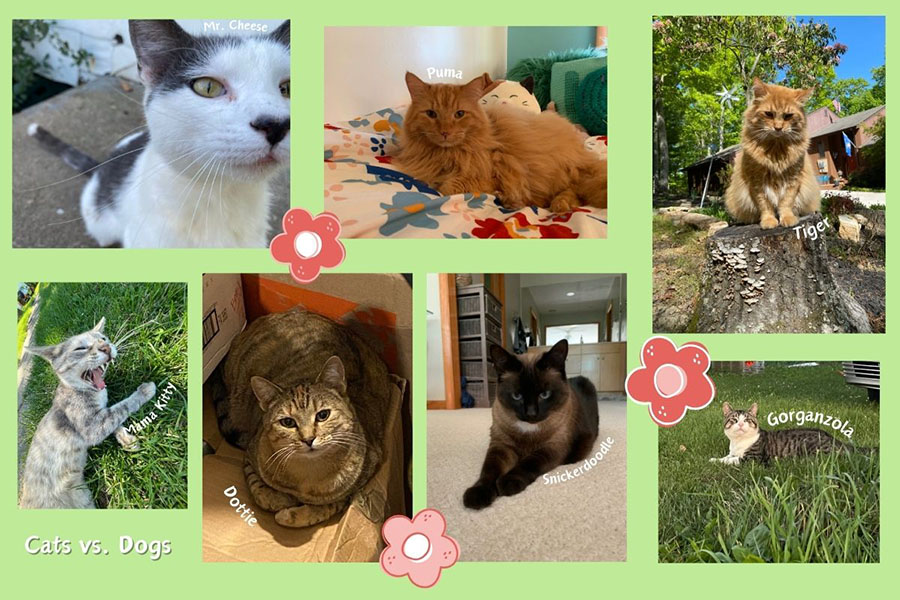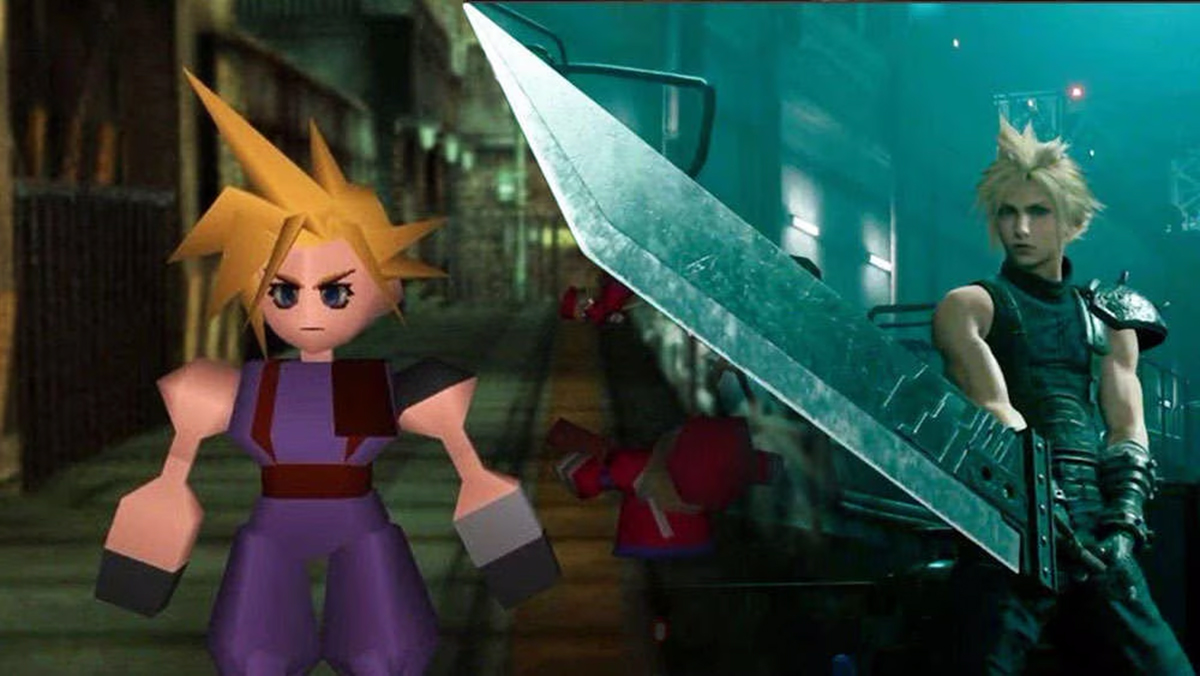Just say “no” to more DARE. You heard it, the program that has been educating children throughout the United States of the dangers of drugs and drug abuse is changing its ways.
The leaders of the drug prevention program announced Thursday that they are changing DARE’s approach, admitting the expensive program appears ineffective. Research actually has indicated DARE may have contributed to greater drug use by high school students.
DARE administrators announced they will adopt a new strategy that will give students the skills to make positive, quality of life decisions.
Let’s just hope they don’t screw that up too.
DARE sounds good on paper and probably makes a lot of politicians and voters happy. But it never did anything except be the center of a few jokes.
In a way, the DARE program is the epitome of the nation’s failure at the war on drugs. As a veteran of DARE I can say it works – for about a year.
Then kids move on to high school and everything they learned from that wonderful police officer cannot stand against the onslaught of peer and cultural pressures found in every day life.
There is so much spent on programs that go nowhere and do nothing for kids. The main reason for DARE’s failure is that it hides the truth from the ones that will need the most help. Parents, administrators and politicians who speak of successful DARE graduates only speak of the kids who wouldn’t have gotten involved with drugs in the first place.
What I got from DARE is that drugs are bad and I shouldn’t do them. Please, I can get the same information from watching South Park reruns.
Not once does the program ever talk about the consequences of rejecting drug dealers and pushers. Just say “no” and all your problems will go away for ever and you will be hailed as a hero among your friends, if you have any left. That’s the message DARE has been projecting.
Unfortunately, when kids are tempted by drugs it typically isn’t an isolated incident under close supervision.
Politicians have been milking the DARE program from day one. It’s almost as if people enjoy dumping money on programs that don’t work just so they can say they feel better about themselves.
It’s unlikely the revamping of the DARE program will do anything more unless it exposes kids to the horrific realities of drugs and drug abuse. And I’m not alone on this.
University of Kentucky’s Don Lynam issued a report two years ago questioning the effectiveness of DARE. For more than 10 years Lynam compared about 1,000 children who had participated in DARE with those who had not.
In an interview with salon.com, Lynam said he concluded DARE did not affect individuals’ drug use behavior or attitude about drugs. It also didn’t affect things that DARE also teaches, such as peer pressure or self-esteem. The only benefits Lynam and his colleagues found were short-term.
Changing DARE is a good sign that administrators are aware of how ineffective the program is.
And nobody can really say the original idea of DARE should not have been pursued. It’s good in principle. Having neighborhood police officers getting to talk to kids in a personal setting is a good idea and will ultimately benefit the community.
It’s the execution of the program that was the failure. The whole war on drugs is the failure. It only covers issues that sound good in political and public relations campaigns.
The main failure of the DARE campaign is not that it told kids to just say “no.” It’s that it never told anyone what to do if the dealers don’t take “no” for an answer.






